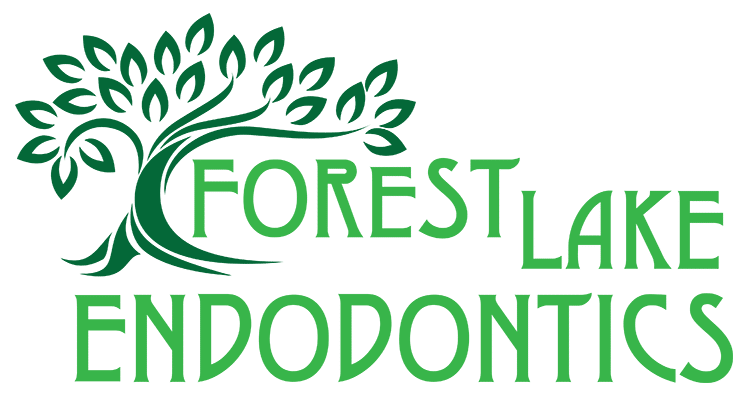Dental Cyst: Causes and Treatment

Dent cysts are common and usually benign. They may form anywhere in the mouth and are sometimes visible but sometimes not. Cysts may be detected through dental X-rays if they are not able to be spotted during a visual examination.
If you have a dental cyst, you may be wondering what caused it to form and how it should be treated. Here’s an overview of the different types of dental cysts and what can be done about them.
What is a Dental Cyst?
A dental cyst is a sac or a bump in the mouth, often filled with fluid. It may also be filled with pus or soft tissue in some cases. Dental cysts can form around impacted teeth (under the gums) or around fully erupted teeth. They may also form in the soft tissues of the mouth. Dental cysts are usually benign, meaning they are non-cancerous.
Types of Dental Cysts
There are a few different types of dental cysts:
- Periapical Cysts. A cyst may form at the root of a tooth due to a crack, infection, or dental trauma of some kind. Inflammation or infection causes fluid to build up in the cyst.
- Dentigerous Cysts. Cysts may form around impacted teeth that have not come in and are stuck under the gums. These are common with impacted wisdom teeth.
- Keratocysts. Trauma of some kind can cause the development of a cyst. Some are genetic and come back repeatedly after treatment.
- Periodontal Cysts. When gum disease is present, the bacteria may form a cyst or an abscess. These are typically filled with pus.
Causes of Dental Cysts
Dental cysts can be caused by a variety of situations:
- Impacted tooth. A tooth that is impacted, or stuck below the gums, can cause a cyst to form. The tissue surrounding a tooth that has not yet erupted can expand into a cyst when the tooth doesn’t erupt in a reasonable amount of time. This can further block the tooth and prevent eruption.
- Infected tooth. An infected tooth may form a cyst due to inflammation and diseased tissue. The fluid secreted or pus will fill the cyst and may develop into an abscess.
- Gum disease. Gum disease is a bacterial infection of the gum tissue. A dental cyst may form that is filled with bacteria and pus that could develop into an abscess.
Treatment for Dental Cysts
The most common treatment for a dental cyst is to drain it and remove it. The tissue will be numbed and the fluid or tissue will be removed.
But in order to permanently treat the cyst, the source of the problem must be addressed. This could mean any of the following:
- Root canal. An infected tooth may need a root canal to remove the infection and fill the tooth with bacteria-resistant material.
- Extraction. An impacted tooth that forms a cyst will need to be extracted to prevent the cyst from returning.
- Periodontal treatment. Gum disease will require periodontal treatment to manage the infection. This may include deep cleaning of the teeth and other methods of keeping the gums healthy.
Who Treats Dental Cysts?
Dental cysts may be treated by your dentist or a dental specialist such as an endodontist. The right dental professional to handle your cyst may depend on the type and cause of the cyst. Forest Lake Endodontics provides treatment for dental cysts. We also address the source of the cyst to provide a long term solution.
To learn more, call 651-464-9888 or contact us today to schedule an appointment.
Frequently Asked Questions About Dental Cysts
Does dental cyst treatment hurt?
You should experience no discomfort with the treatment of a dental cyst. Local anesthesia is used to numb the area of the mouth where the cyst is located. Having your cyst removed will relieve any pain you felt as a result of the cyst.
Does a dental cyst always need treatment?
It is best to seek treatment for a dental cyst as soon as you are aware of it. While they are typically benign, there may be a dental or oral health cause behind it that should be treated.

